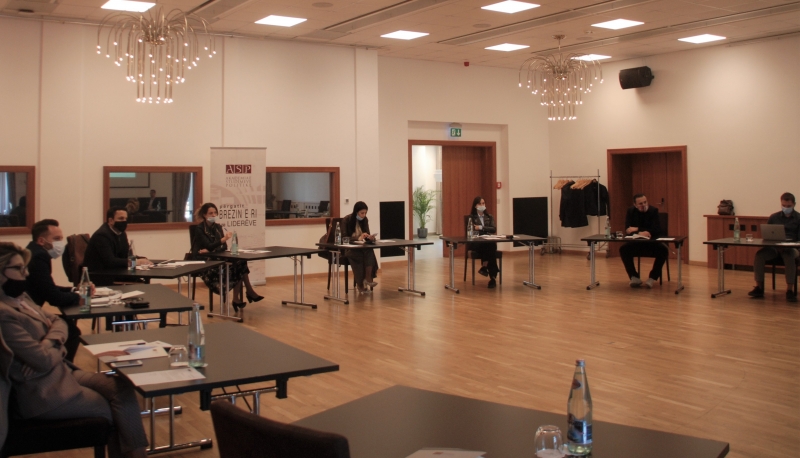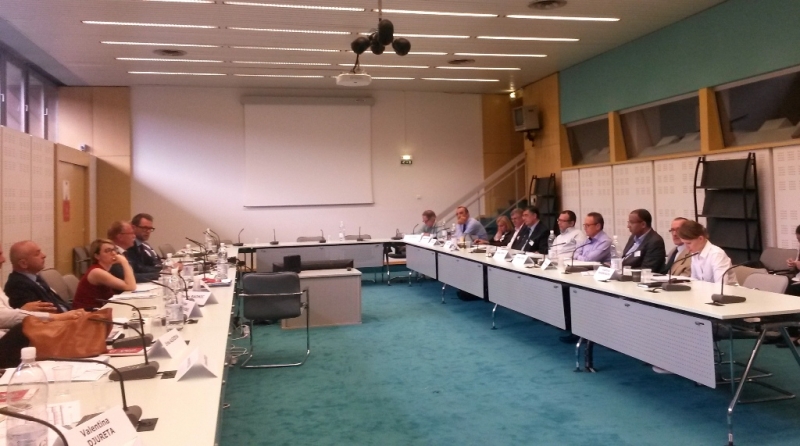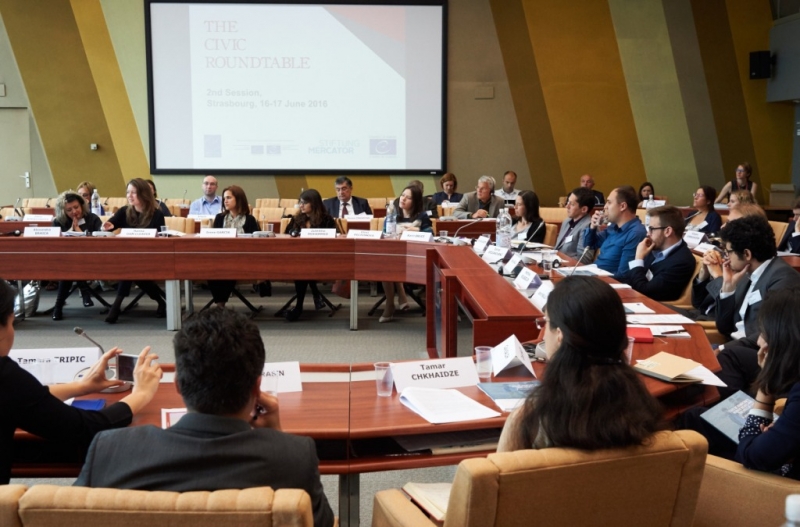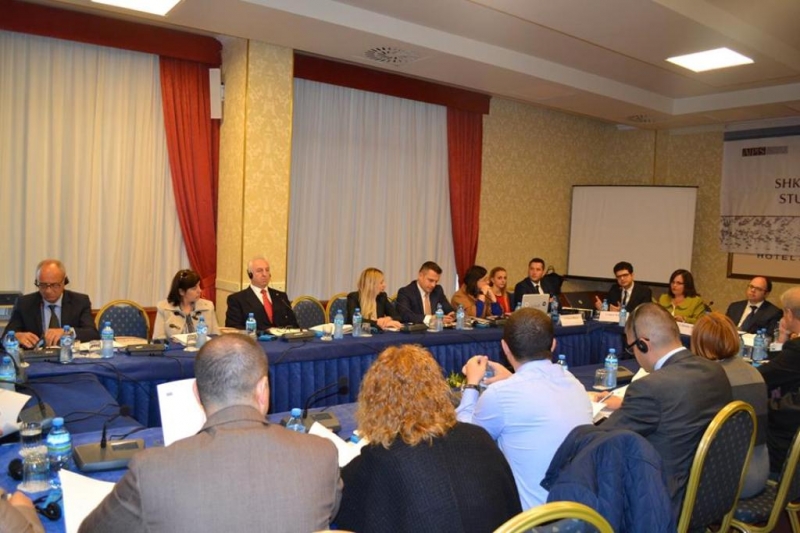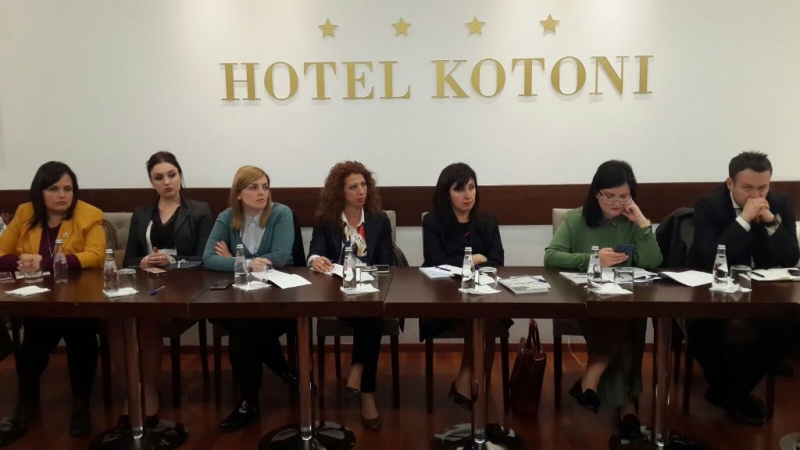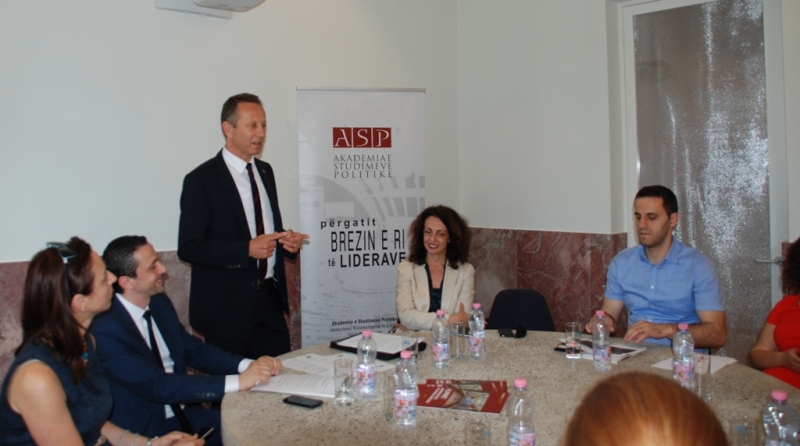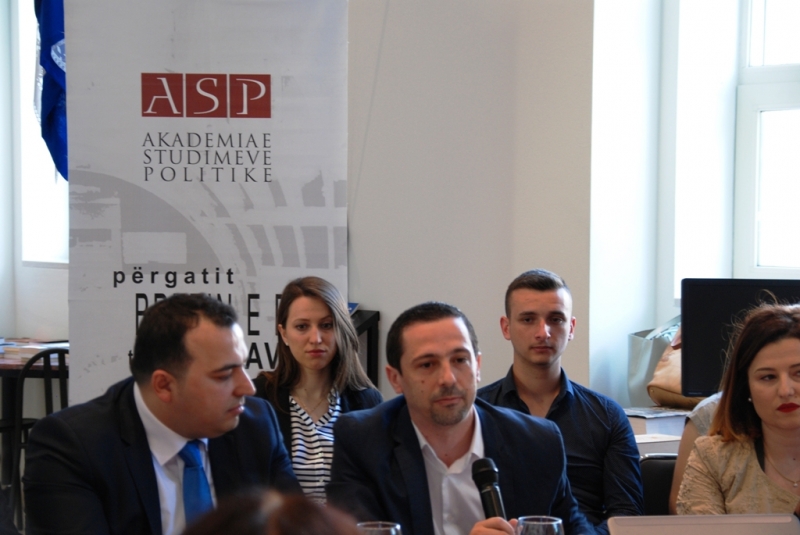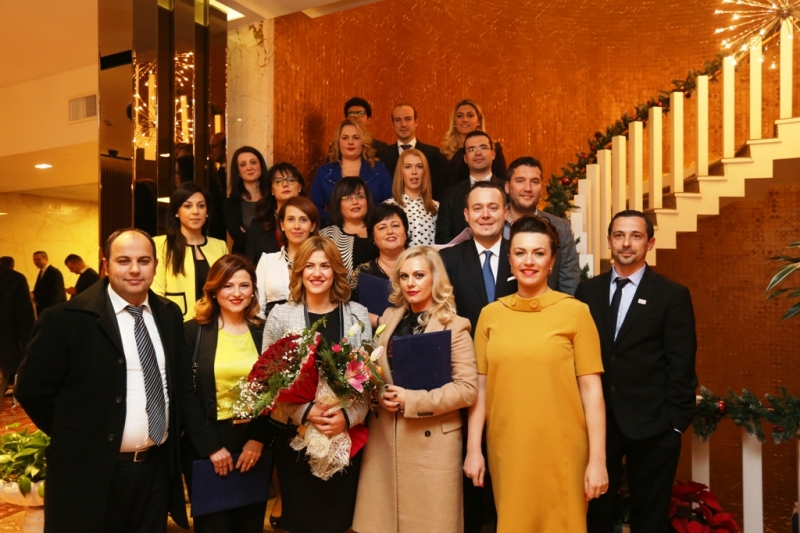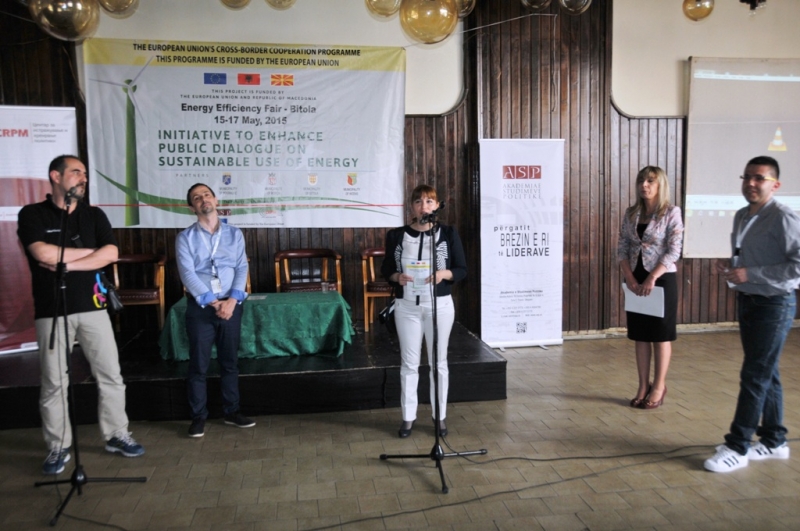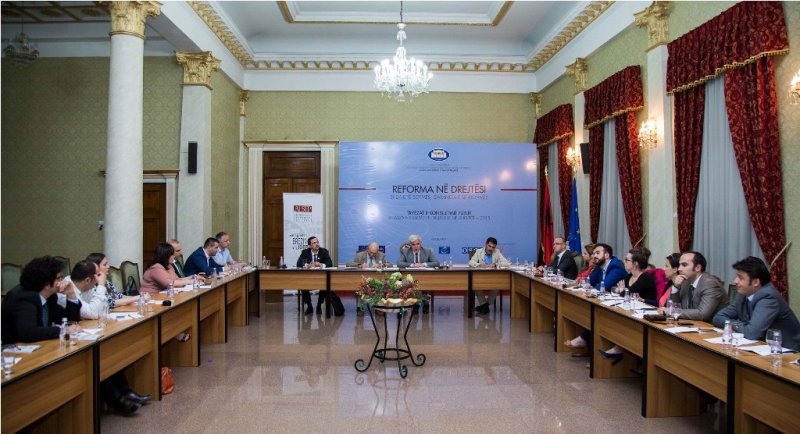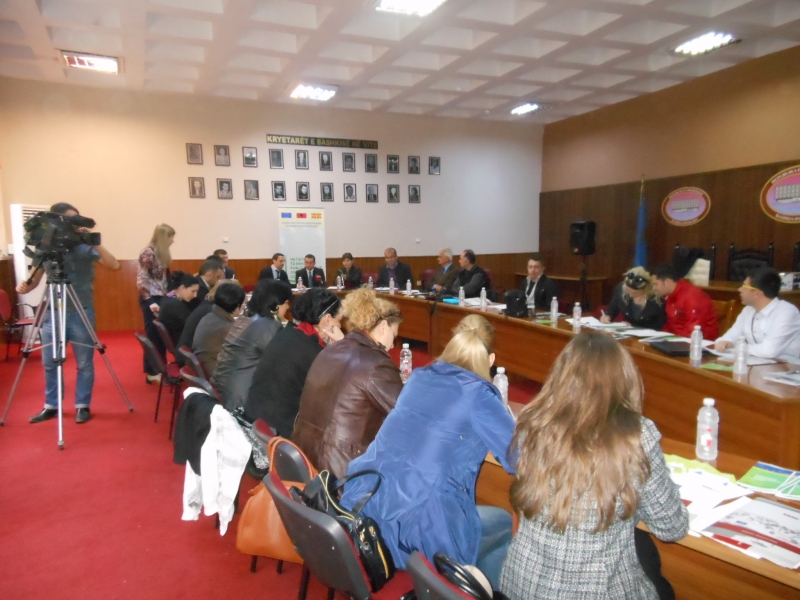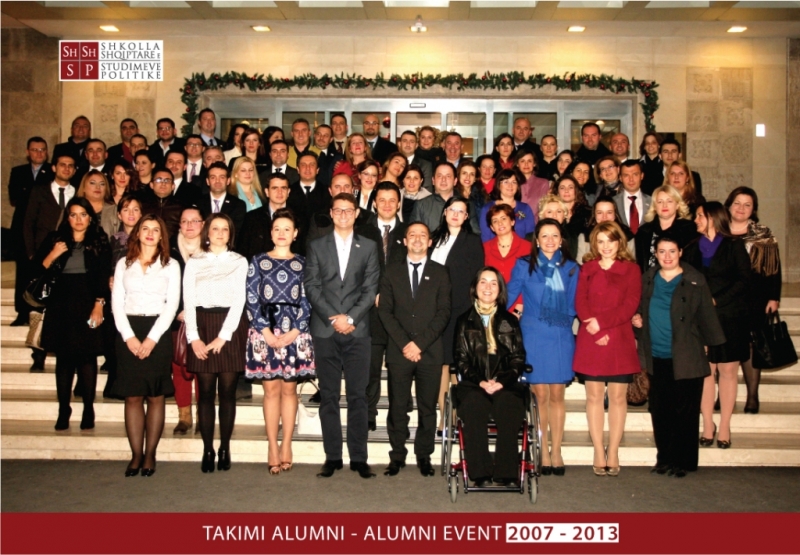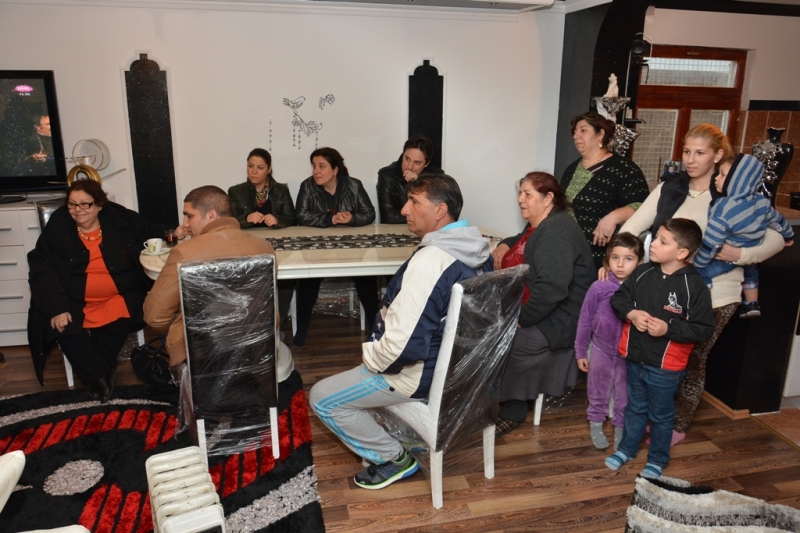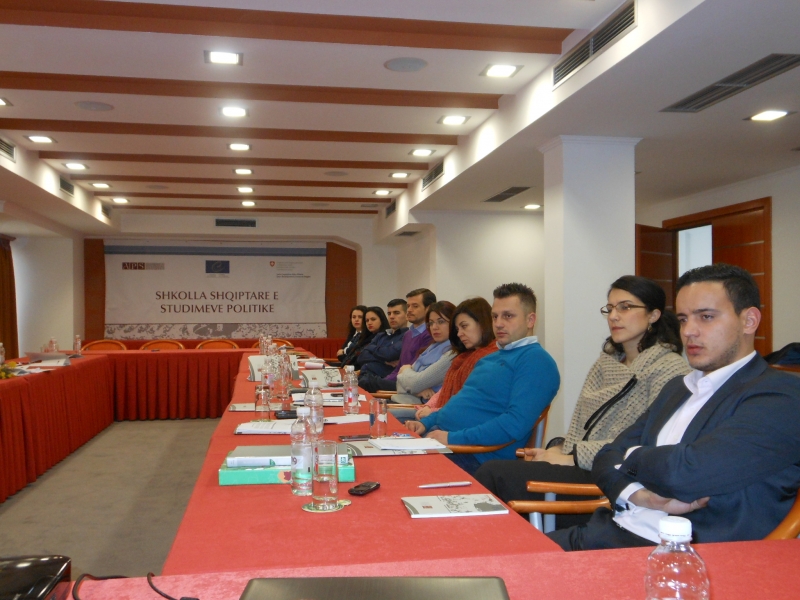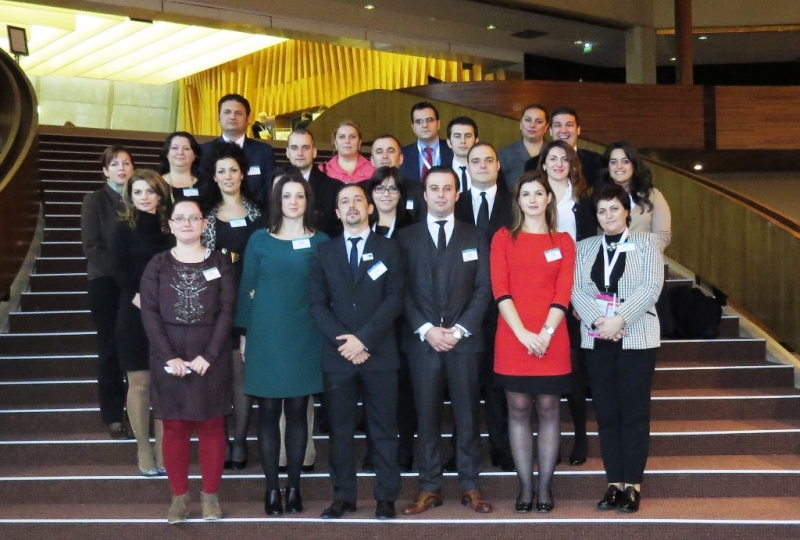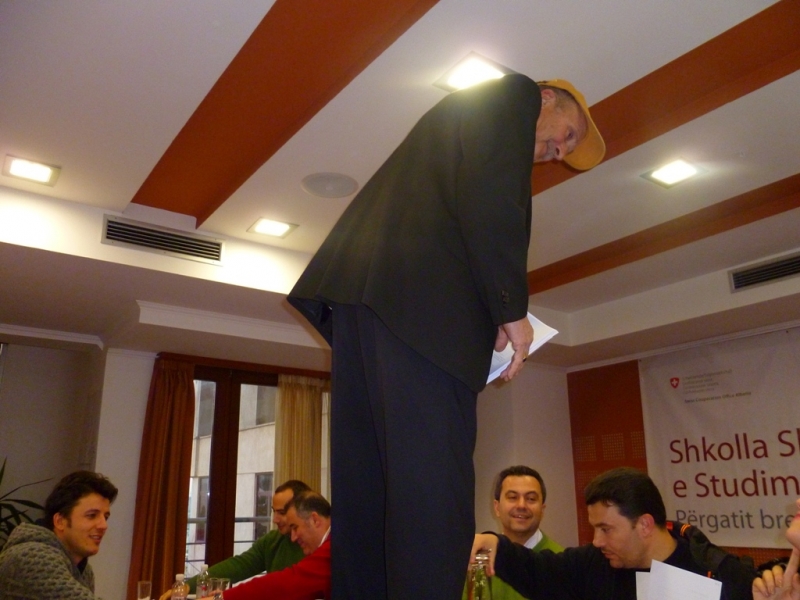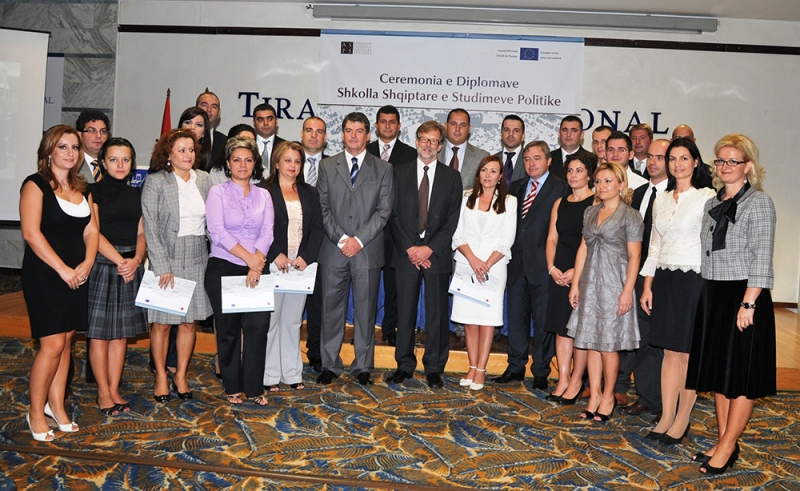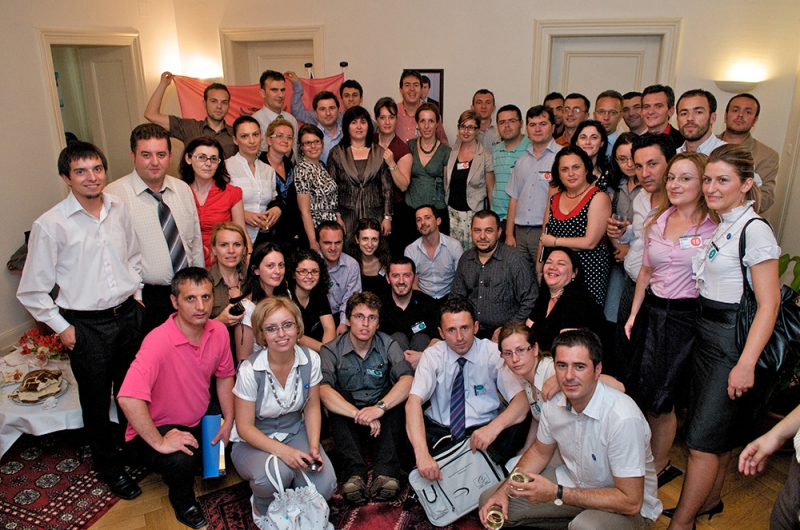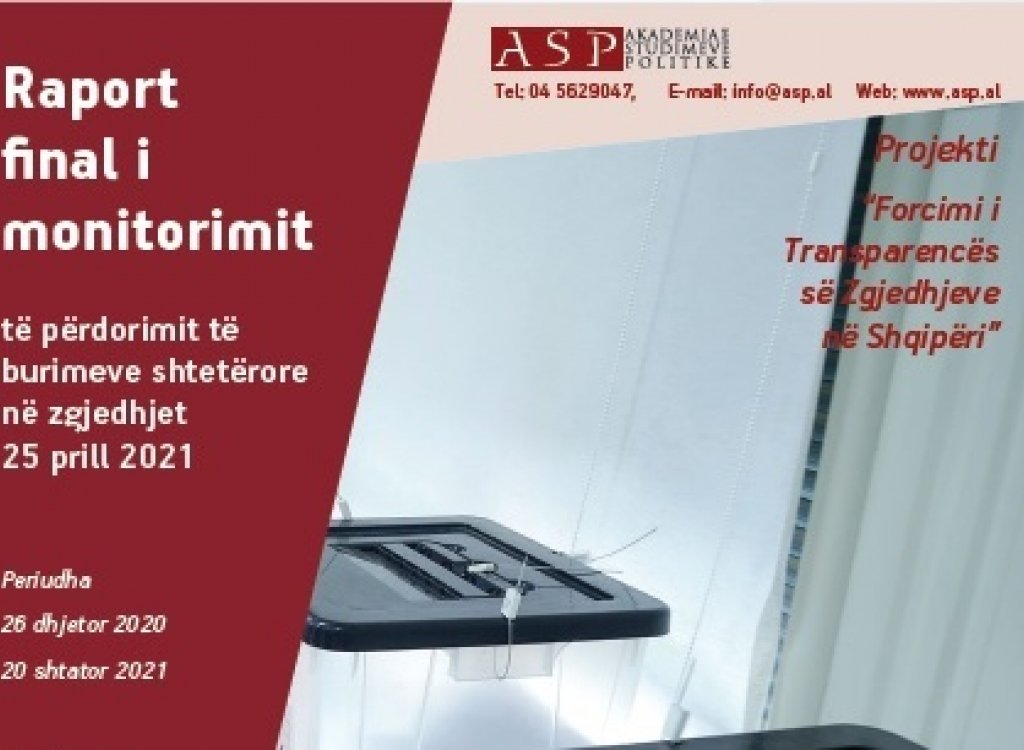
Saturday, December 04, 2021
In the context of the 25th April elections, the Academy of Political Studies implemented the project “Strengthening the Transparency of Elections in Albania (SETA), focused on fostering the capacities and participation of civil society organisations and media in monitoring the implementation of the revised electoral legislation on electoral campaign finance and (mis)use of state resources. Key findings of monitoring activities part of the SETA project provided a set of recommendations for improving the implementation of the legal framework, in view of the new electoral reform in Albania.
Some of the key recommendations presented in the final monitoring report are as follows:
• Use of state resources in elections requires much more investigation and audits to the relevant institutions. The necessary growth of the CEC's professional capacities and competencies in this regard can also be supplemented with the engagement of other independent bodies (e.g. Supreme State Audit) for verifying expenditures during the election campaign by officials running.
• Prohibitions on ministers and officials running should be accompanied by secondary acts and internal institutional regulations to better determine the division between office holding and political engagement. Code of conduct and drafting good practices may serve as a further incentive to not use public assets by officials running.
• The Electoral Code and amendments to the law "On whistleblowing and protection of whistleblowers" aimed at the involvement of the CEC as an investigative body in the field of election crimes. Exercise of investigative powers requires the establishment of a superstructure with expertise in investigative practices and in the electoral legislative framework. The redesigning of the administrative review of CEC would be more efficient, based on the principle of contradictoriness (the denouncer is charged with the burden of proof for claims).
• The current management structure of the state administration, beyond the civil service, makes it difficult to fully control appointments and changes that may occur in the run-up to elections. The current prohibitions in the Electoral Code, which are focused on the campaign period (only 1 month), are ineffective in case the structuring of electoral organizational chart having electoral effect commences several months in advance.
• As regards prohibitions on the adoption of legal acts during the election period, CEC powers should be clarified to control the decision-making of legislative and regulatory institutions in the country's institutional hierarchy, such as the Parliament, the Council of Ministers or Municipal Councils.
• Timely and clear information of officials subject to prohibitions, as well as information of the public, is needed to raise awareness and to build the trust of electoral subjects and citizens to cooperate in denouncing violations.
More details can be found in the full report.
This action of ASP is supported by the Embassy of the Kingdom of the Netherlands in Tirana and the joint program of the Council of Europe and the European Union "Action against Economic Crime in Albania".














